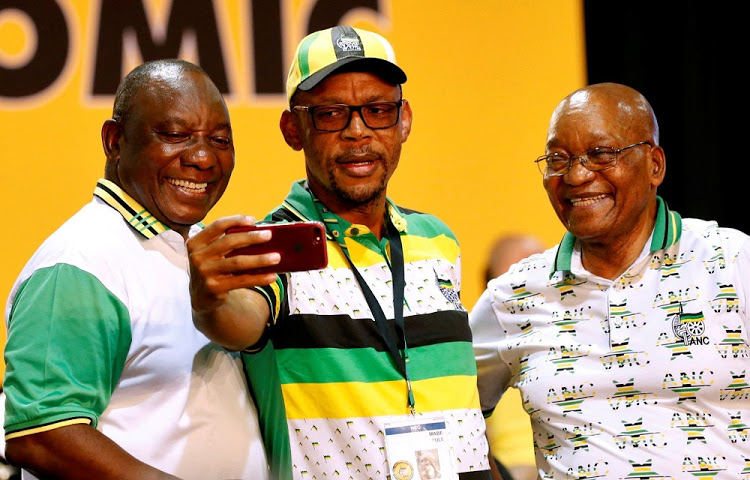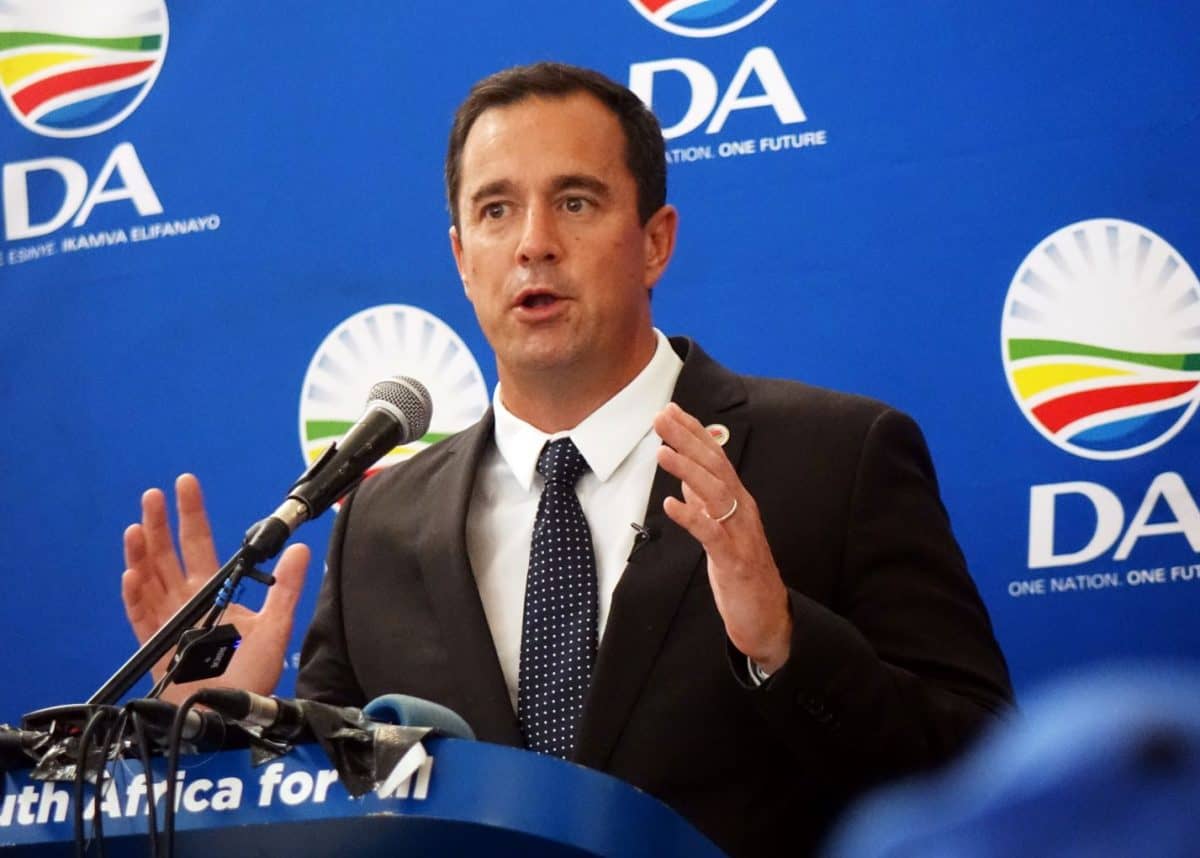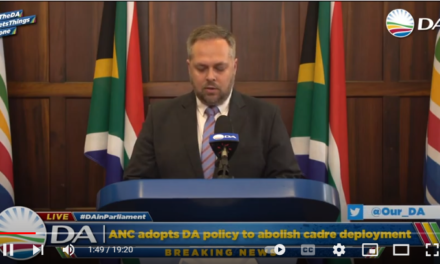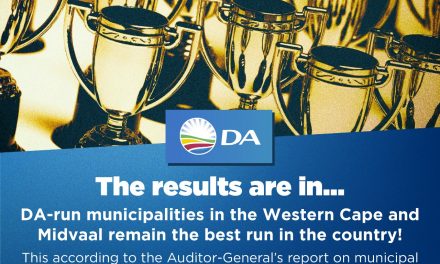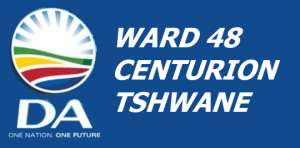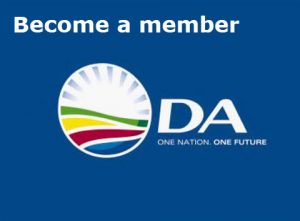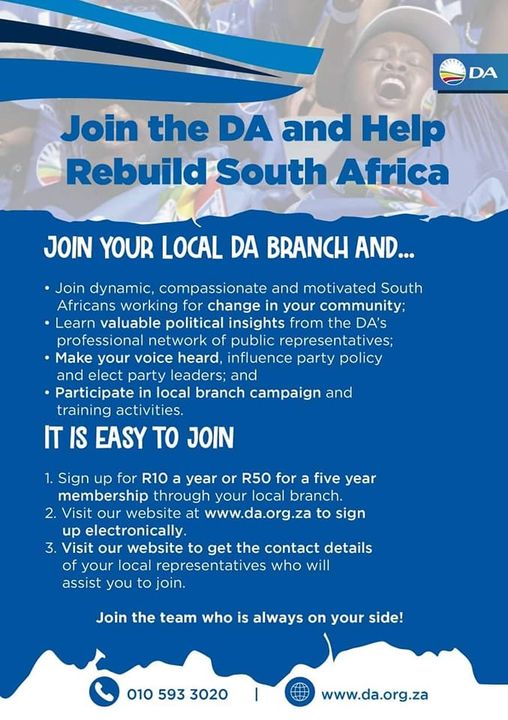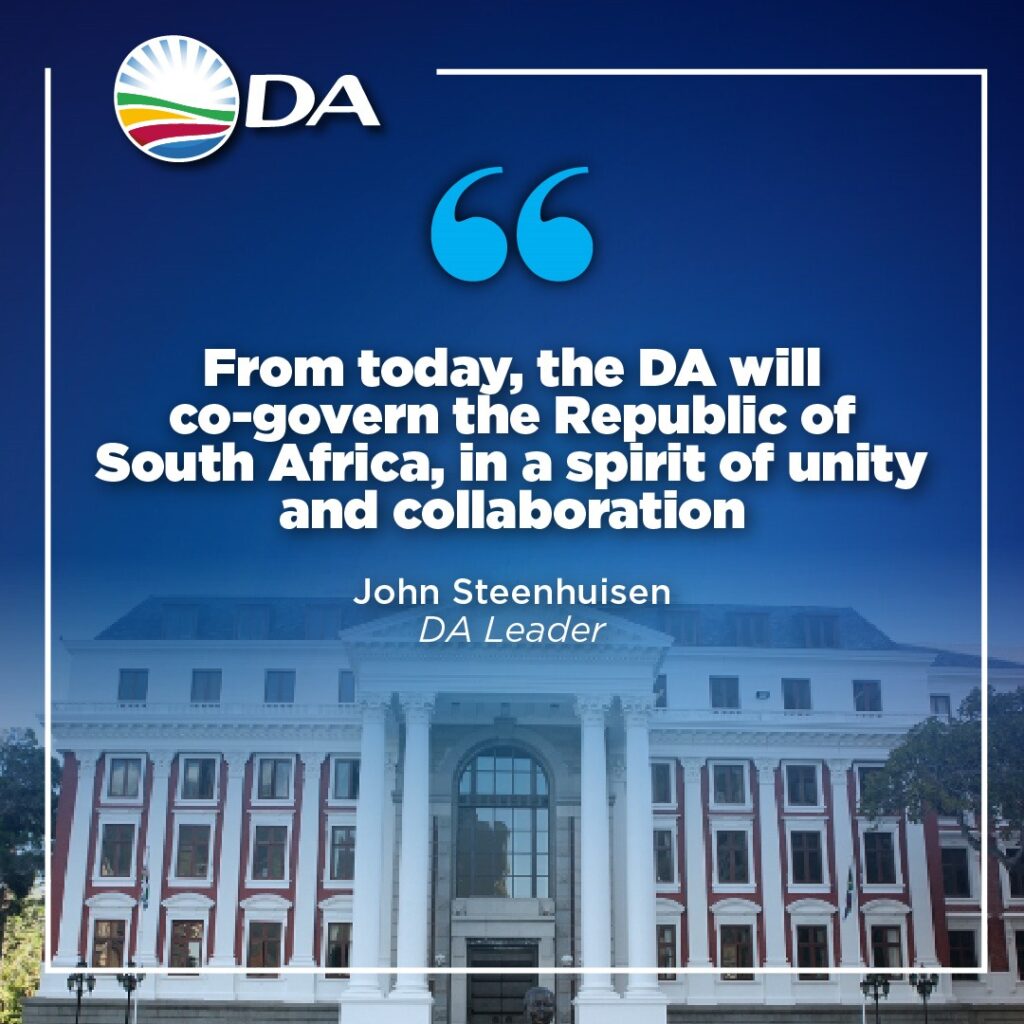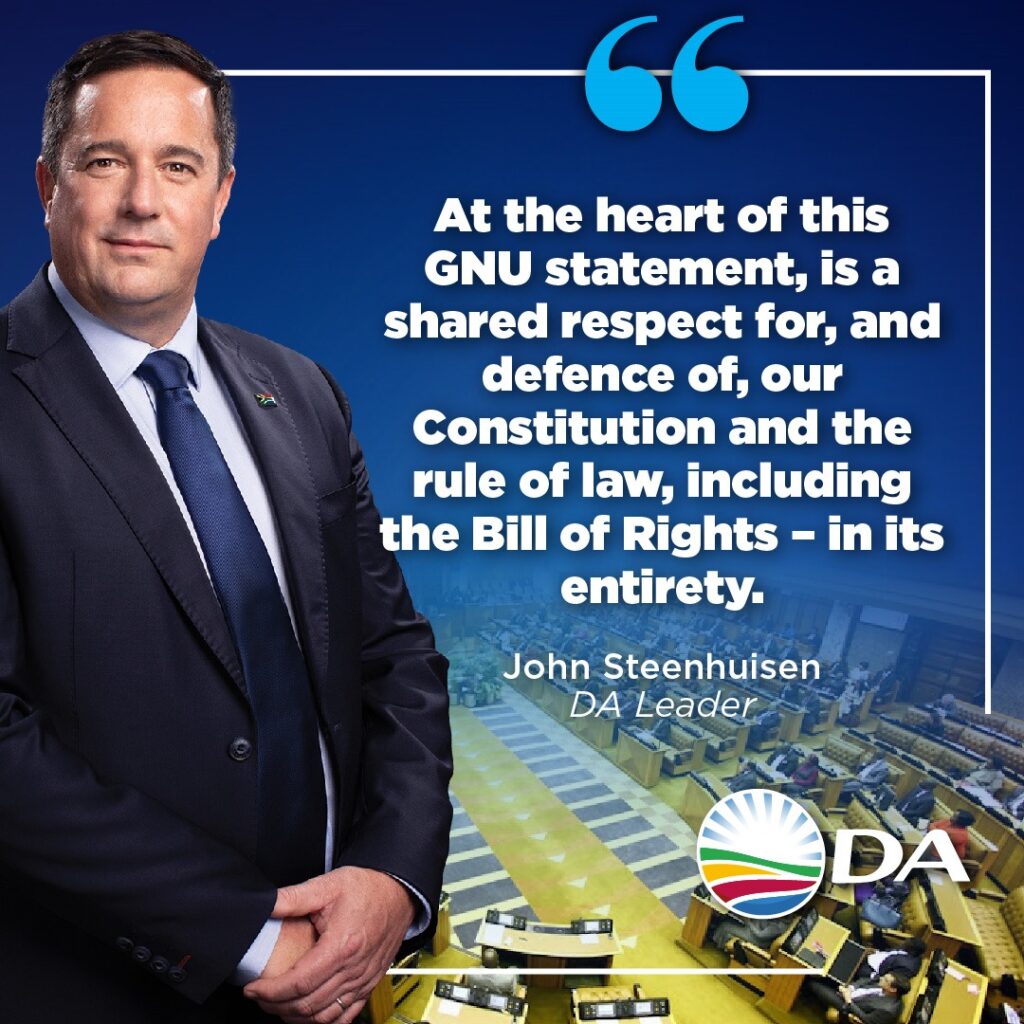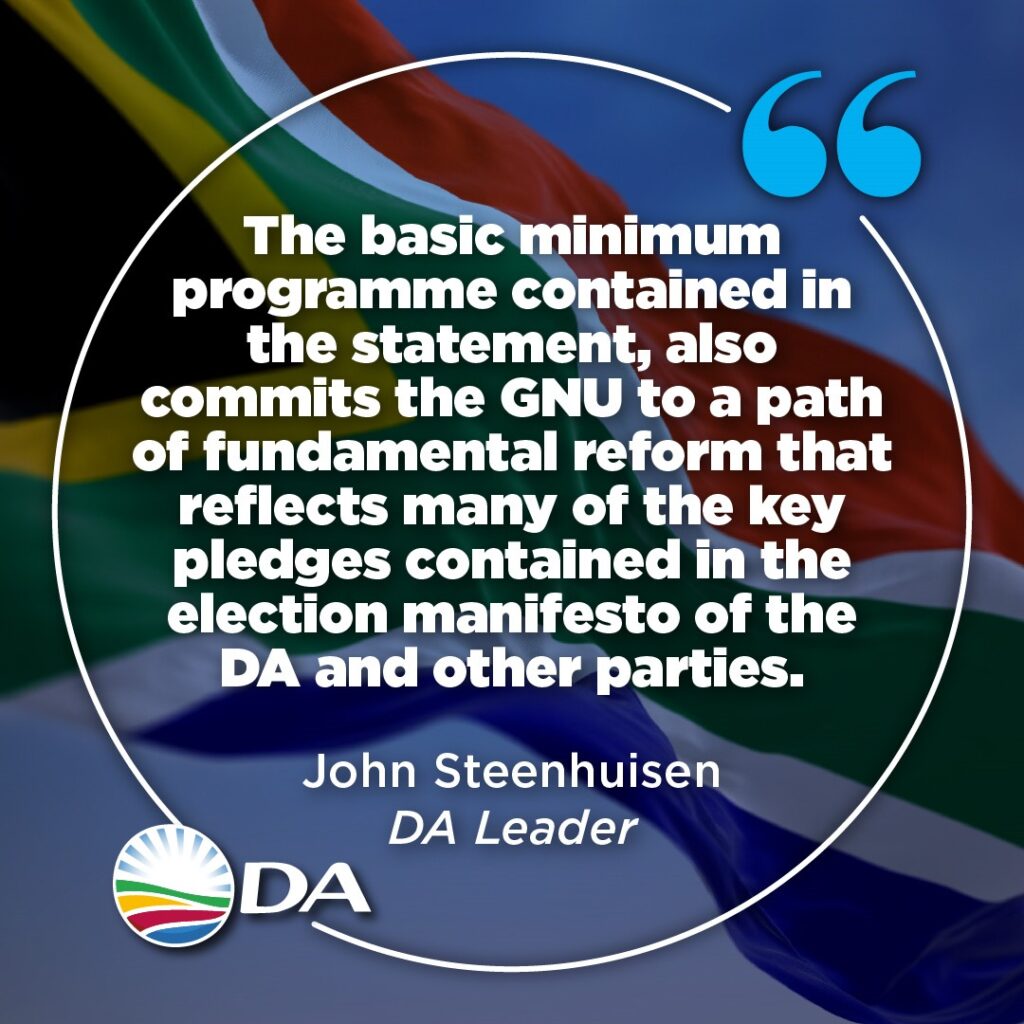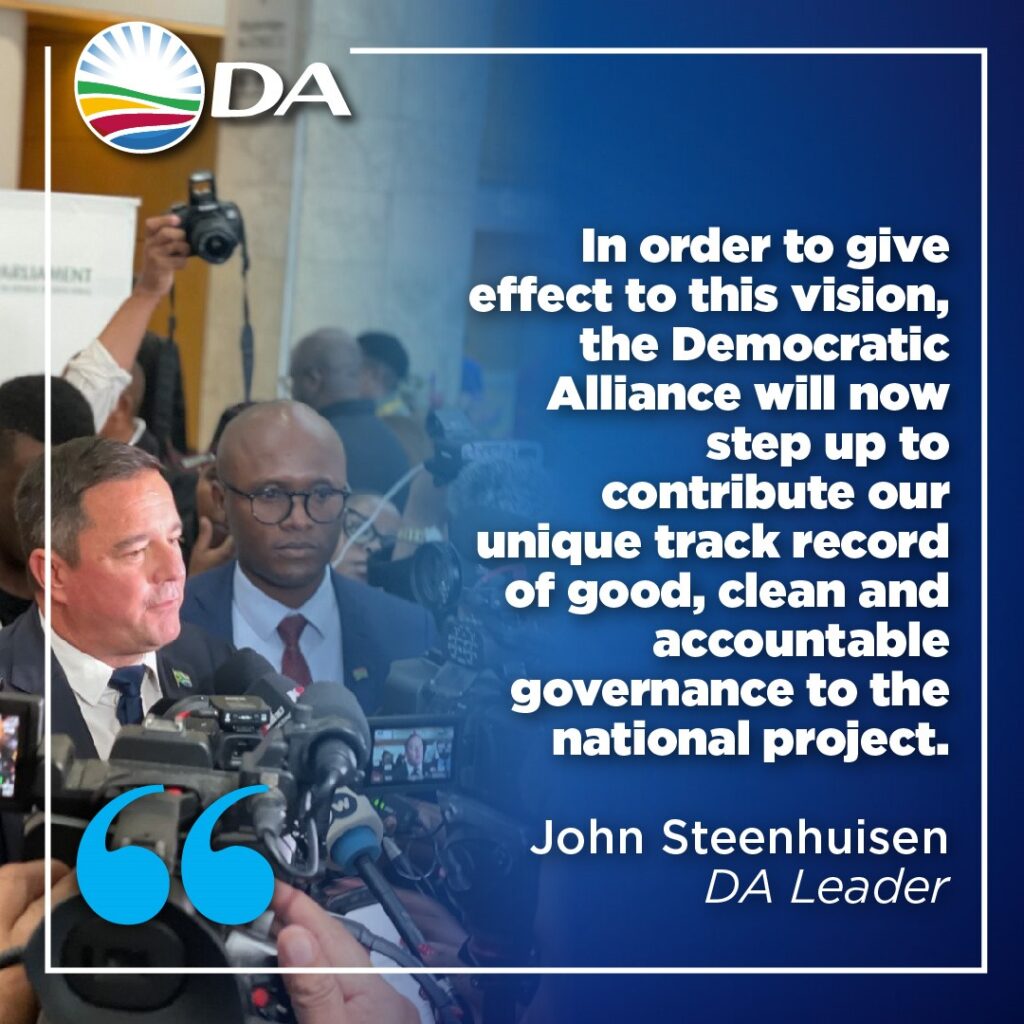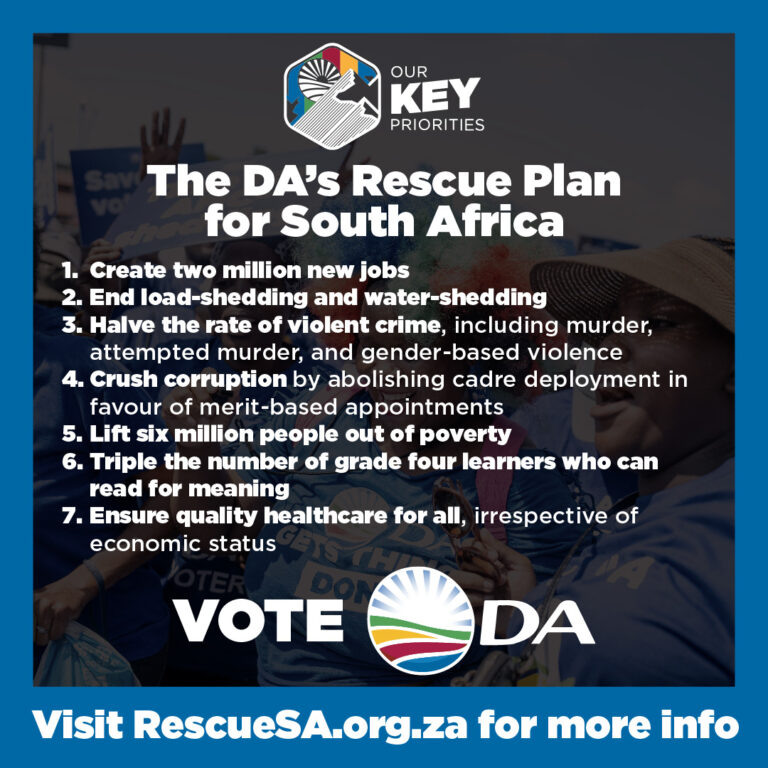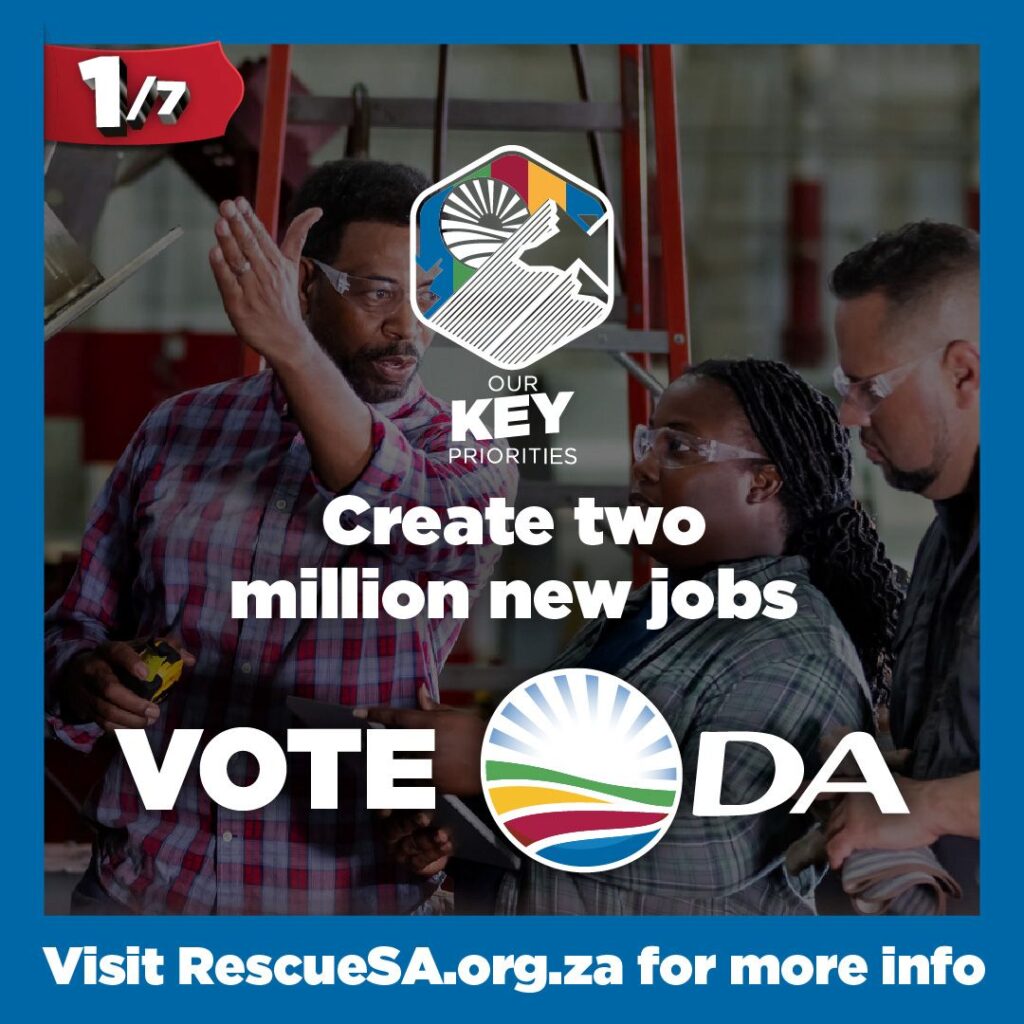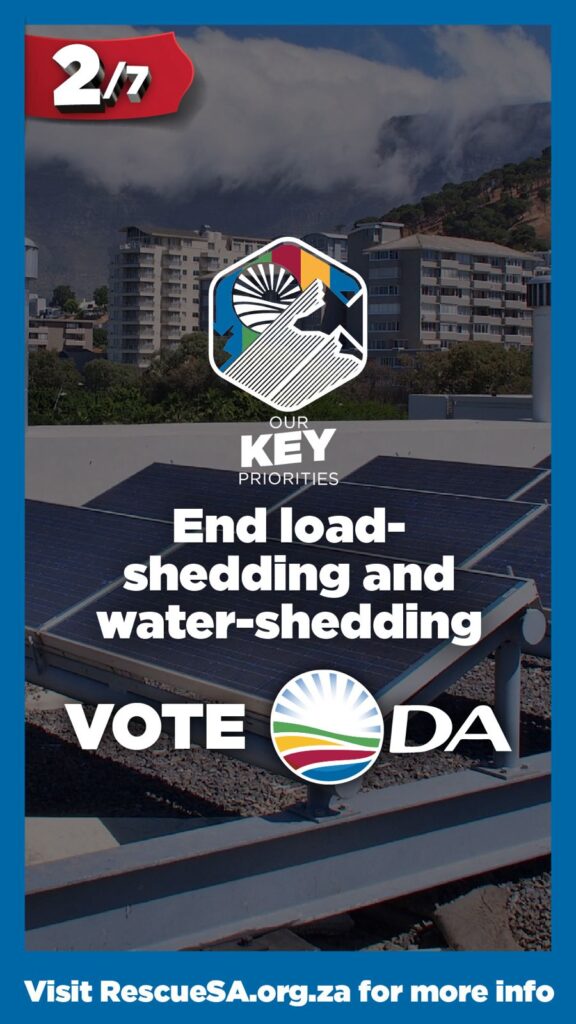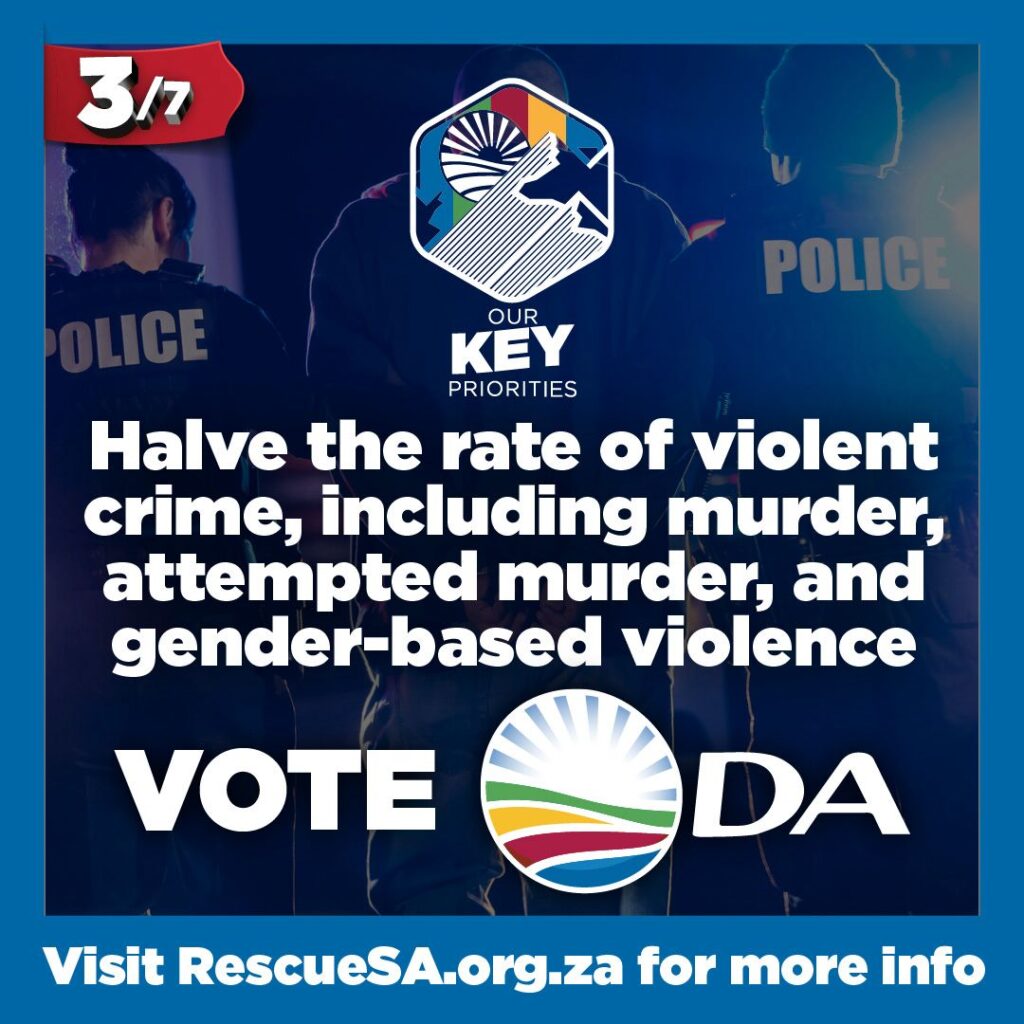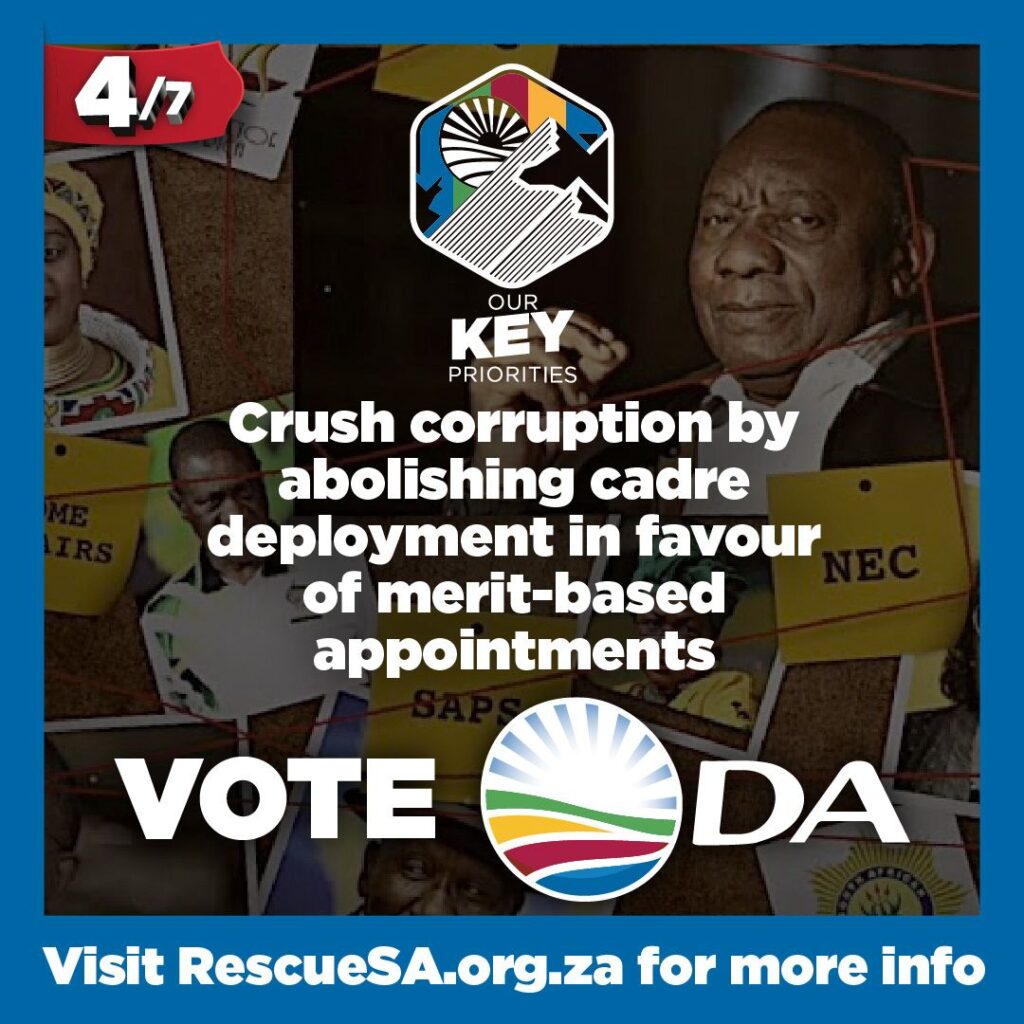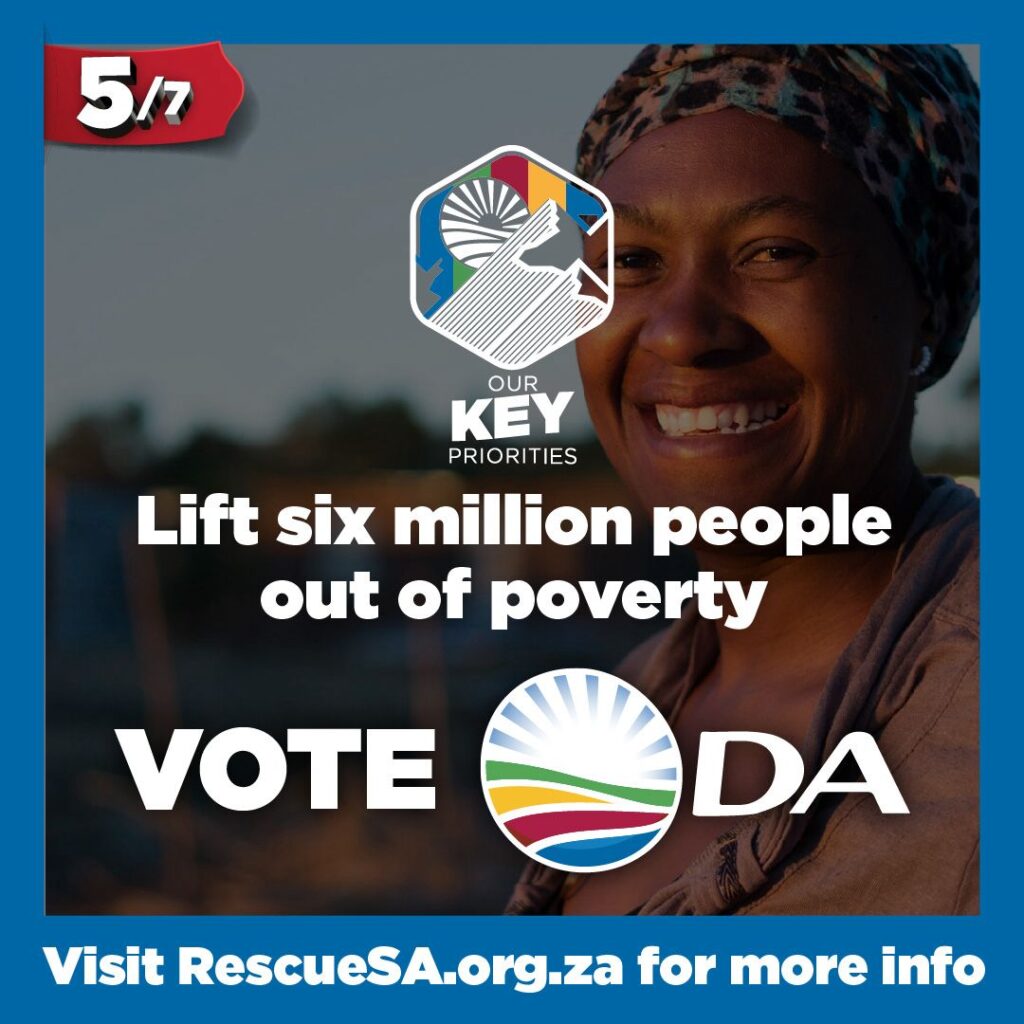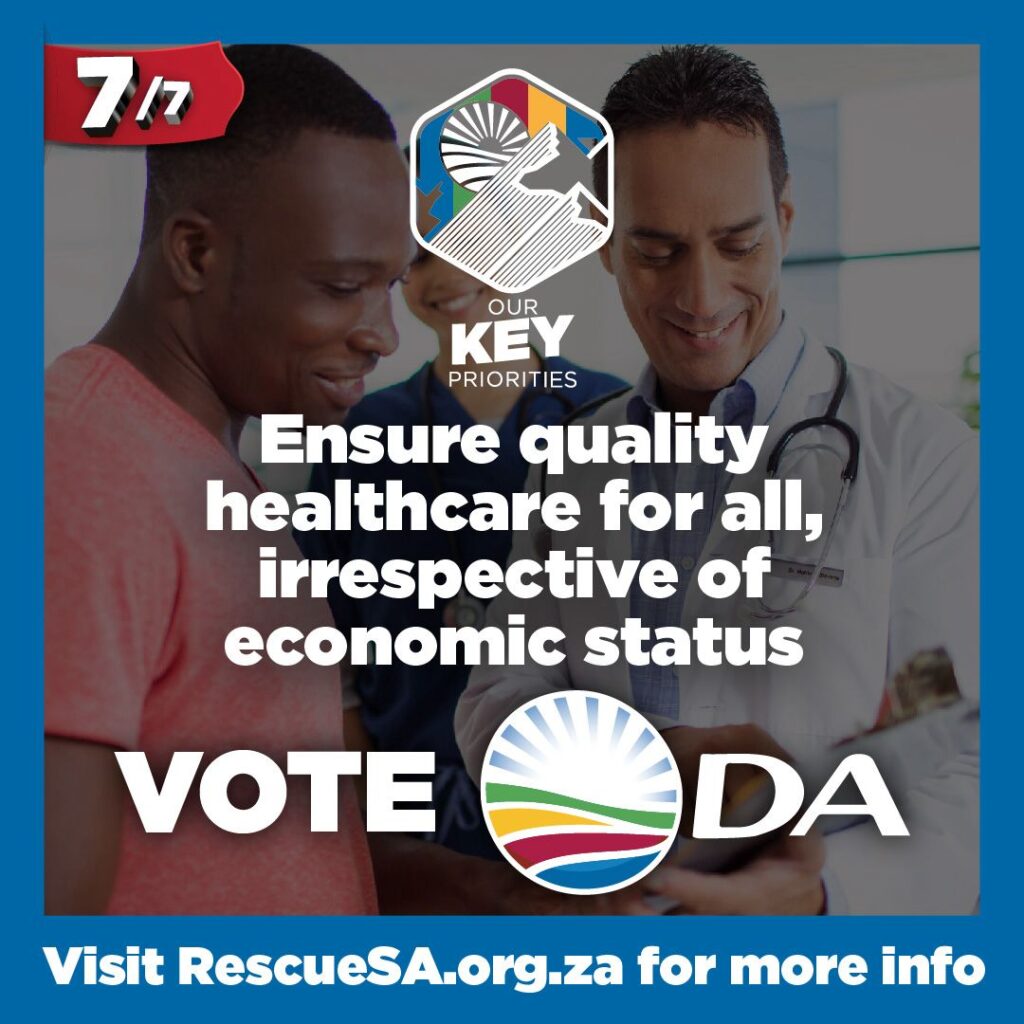Democratic Alliance (DA) federal council chairperson James Selfe says the party is ready for whatever happens in the various metros it co-governs around the country, following threats from its partners, the Economic Freedom Fighters (EFF).
EFF leader Julius Malema last month said the party would be tabling a motion of no confidence against Nelson Mandela Bay Mayor Athol Trollip as “punishment” for the DA’s stance on land expropriation without compensation.
Malema however said the two other DA-governed Gauteng metros, Johannesburg and Tshwane, were safe for now.
News24 spoke to Selfe in the run-up to the DA’s federal congress next month. Selfe is running to retain his position as DA federal council chair, a post he has held for 18 years.
He told News24 the party was not worried about its future in the metros, and was prepared to return to the opposition benches if the two parties cannot agree on the Constitution’s “property clause”.
“We feel very firmly that section 25 of the Constitution as it is currently conceived is the right way to approach the issue of expropriation of land. There is nothing in section 25 that stops expropriation from taking place.
“The fact that the ANC government has taken so long and has been so tardy in getting land reform off the ground makes it convenient for them to blame section 25. We believe it’s a smokescreen.
“As far as the EFF is concerned, we are perfectly prepared to go into opposition on this issue if we have to, but then the EFF has to take responsibility for reintroducing corrupt governments in major municipalities.”
Were the EFF to make good on its threats to form a government with the ANC with a suitable mayoral candidate, it would be “same-old, same-old”, he believed.
“And the wonderful programmes we have gotten underway, specifically rooting out R14-billion in corruption in Johannesburg alone, will have to wait for another day to be complete.
“Kom ek om, so kom ek om (If that’s how I go, that’s how I go),” he said quoting the late DF Malan.
The DA has been criticised in recent times for retaining leaders, most of whom are white or male, in certain senior positions over the years. The most recent criticism came from the party’s own embattled Cape Town Mayor Patricia de Lille.
Selfe, however, dismissed the criticism, saying the party had grown under its leadership, and its faces had changed over time.
“The party has grown in every election since 1994, and there has been a team and individuals who have helped achieve that,” he said.
“There might be the same individuals, or personalities might change, but in essence, we innovate, we adapt, we make changes that need to be changed.
“We also learn from our mistakes, and if that is done by the same team, it seems perfectly acceptable.”
There was “undoubtedly” space to include more people of colour and more women in leadership positions, and he hoped that came through in the upcoming conference.
“One of the constitutional amendments we are proposing is two deputy chairpersons to my position, and I would hope one or both of them would be devoted to people of diversity that can be trained up to do what is in essence a complex job.”
Selfe said he still had the energy, enthusiasm, and valuable institutional knowledge to continue in the post until 2022, in what will likely be his final term.
The party has done a lot of work in preparation for the 2019 election, and he wanted to see through projects and other “innovations” in the party’s structural design.
Selfe acknowledged that the recent change in leadership in the ANC and the election of Cyril Ramaphosa as president of the country meant the DA had to adapt the new dynamic, particularly as Parliament gets back to the business of debating ideas.
“To be perfectly frank, while Zuma was president, being opposition was like shooting fish in a tank. I think it’s now a little more complicated, and we are going to have to box smart.
“One of the great advantages, is that for the first time since 1994, there is a real contestation in Parliament on the areas of ideas.
“So whether it is expropriation of land, the position of the Reserve Bank, how to fund higher education, these are complex issues, we have solutions, and we believe we can debate those issues and propagate to the South African electorate.”
One of those issues is the pressing land question, and how the DA will tackle its minority stance in the House.
Selfe said his party’s polling results showed that, while land was a pressing issue that must be addressed, it was not, in their view, what black voters primarily wanted.
“If you polled black voters as we have, you would find that land itself is not the issue. It’s a very emotional issue that speaks to justice and repossession, that I concede.
“But actually the real need of black voters is skills and jobs. We intend to take the fight for skills and jobs to the SA electorate over time.”
The DA’s federal congress will take place on April 6 and 7, with nominations closing this Friday.
The party will elect a new leader, a federal chairperson and deputy. It will also elect chairpersons of its federal council and its finances, and a new 155-member federal council.
